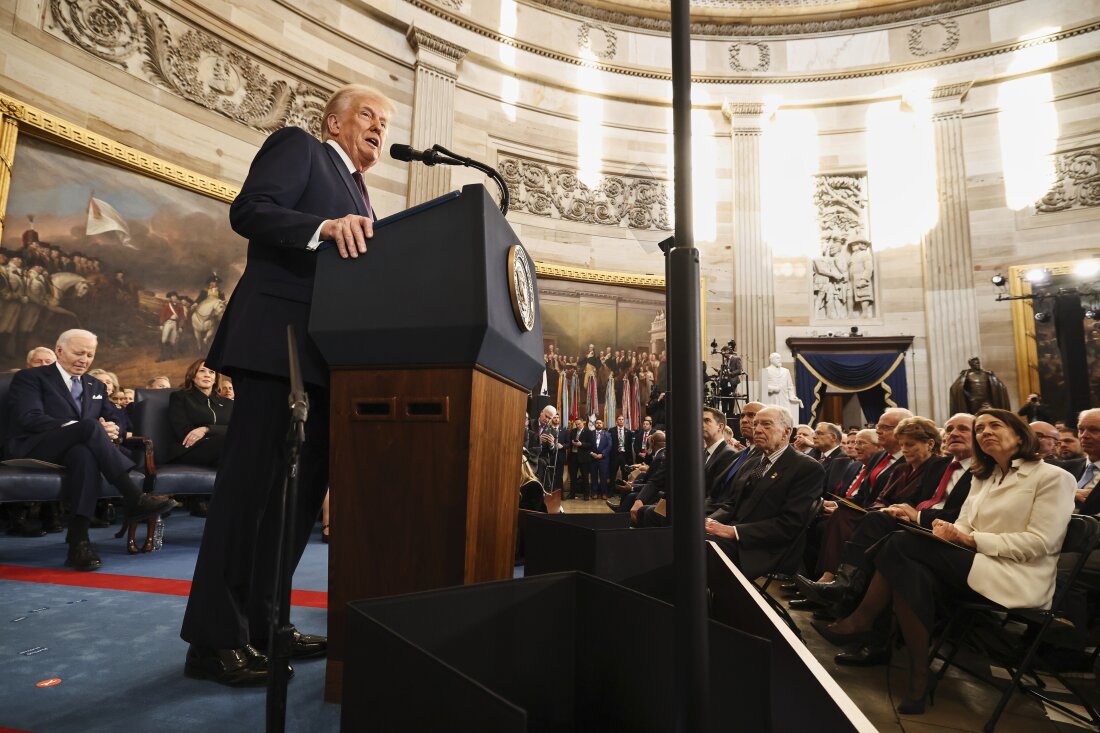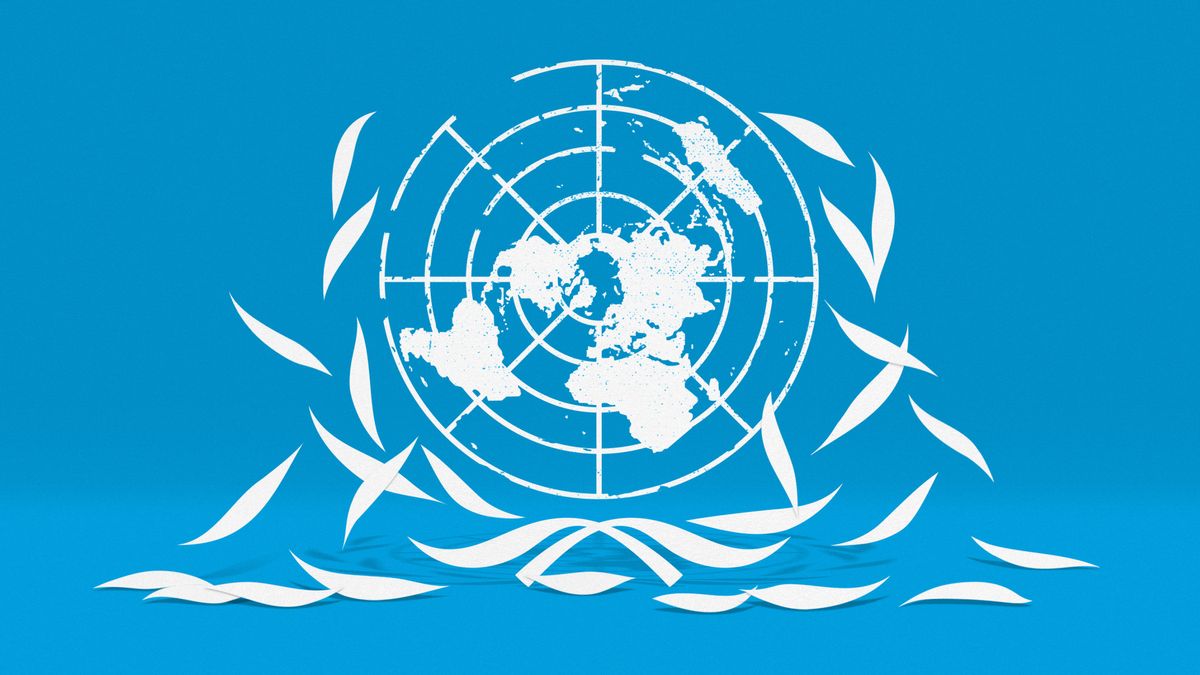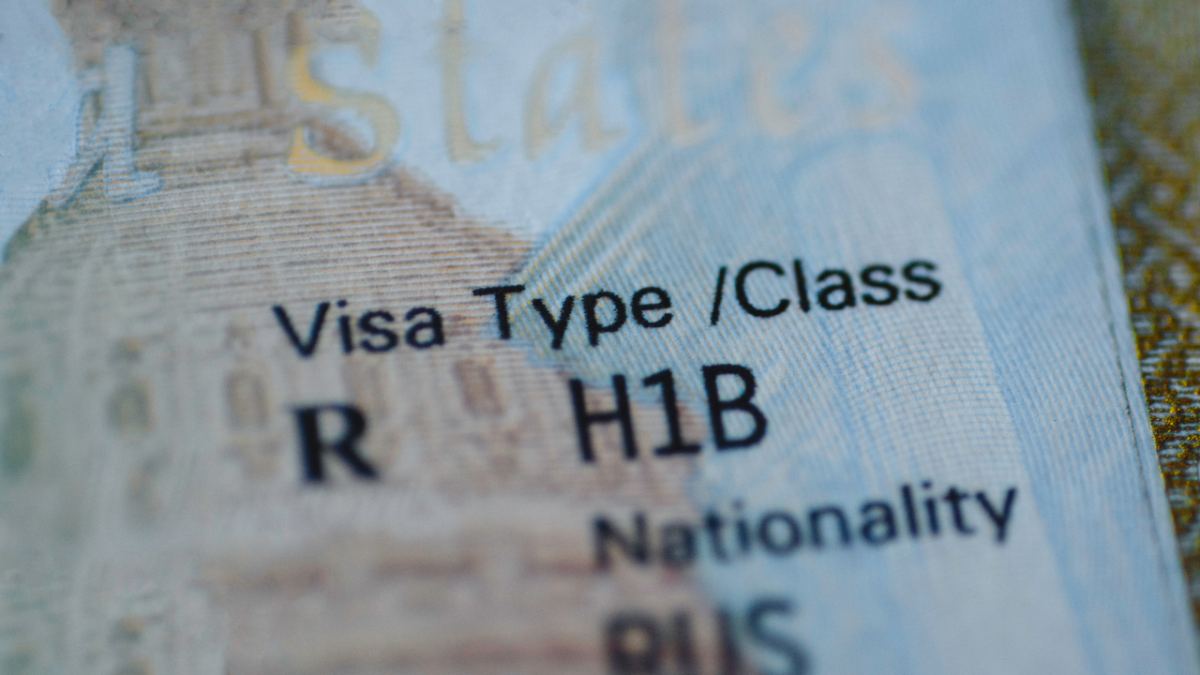Forty years ago, commercial lunar exploration was the stuff of science fiction novels. Today, with technological advancements and burgeoning corporate interest, a modern space race between private companies is intensifying, and the moon is now at the heart of a legal and ethical battle. This rush to capitalize on abundant lunar resources has thrust an urgent question into the limelight: How do we govern the moon?
As of now, there is a limited amount of legislation in place. In 1967 — two years prior to the historic Apollo 11 Moon landing in the midst of the Cold War — the United Nations Office for Outer Space Affairs established the Outer Space Treaty. This treaty, signed by over 100 countries, set the foundational legal framework to ensure that outer space exploration would benefit all of humanity. Seventeen years later, building on this foundation, the Moon Agreement was implemented under the auspices of UNOOSA. This separate agreement provided a more detailed set of guidelines specifically focusing on lunar exploration, further refining the international protocols for space activities.
However, most of the Moon Agreement’s articles revolve around ensuring free, peaceful exploration of the moon in ways that benefit humankind. Due to the farfetchedness of commercializing the moon at the time of the agreement, there is very little in the way of specifics, especially regarding harvesting components of the moon. In fact, the only article of the agreement that mentions this possibility is Article 11, which states that the nations part of the agreement will “establish an international regime, including appropriate procedures, to govern the exploitation of the natural resources of the moon as such exploitation is about to become feasible.” Yet, despite the United Nations including the Moon Agreement in the provisional agenda of the General Assembly (as part of Article 18), there has been little alteration to the initial agreement made 40 years ago. The only notable change to the treaty since its inception has been Saudi Arabia’s withdrawal from the agreement just last year.
It seems as though the risk of exploitation is rapidly approaching. Just this past year, three unique rovers from India, Russia, and Japan, respectively, reached the moon’s surface, and many private companies, like SpaceX and Astrobotic Technologies, are gearing up to make lunar landings commonplace with missions like Artemis II and III happening in the next two years. One primary reason for this rush to develop the most efficient method of space travel is lunar harvesting, specifically gathering the prized Helium-3 isotope. For context, Helium-3 is so highly sought after for its role in nuclear fusion and the recent scientific energy breakeven. Scientists from the University of Wisconsin estimated that solar wind has deposited more than 1 million tons of Helium-3 on the Moon, whereas the element makes up only a meager 7.2 parts per trillion of our atmosphere. Given that Helium-3 — worth $4 billion per ton — has been dubbed the most valuable resource in space, the abundance of Helium-3 on the Moon promises great potential for riches, setting the stage for a 21st-century gold rush in the lunar setting. The question then arises: How should lunar activities be governed?
We could take the laissez-faire approach, allowing companies and nations to govern themselves and hope that they will have humankind’s best interests in mind. Unfortunately, historical precedents of self-regulation here on Earth suggest that this approach will lead to exploitation. To illustrate this risk, we can look at oil drilling — where the BP Deepwater Horizon oil spill flooded the Gulf of Mexico hundreds of millions of gallons — or data privacy — where the Facebook–Cambridge Analytica data scandal revealed millions of users’ data harvested without their consent. Alternatively, a more stringent model involves governmental control, either through the extension of existing treaties or the creation of new, specific lunar legislation. Yet, given the international nature of space, any effective governance would likely require a cooperative model across nations, possibly under the umbrella of an international body, similar to past space-related treaties.
The importance of striking the right balance between freedom and strict governance cannot be overstated. Overemphasizing freedom will allow spacefaring nations to monopolize space resources and amplify the divide separating them from developing countries who will become increasingly comparatively poor. Conversely, excessive governance will potentially hinder development by scaring innovation — in line with the fundamentals of the profit motive.
To navigate these challenges, a hybrid approach is necessary, one that combines the flexibility needed for innovation with the robust oversight required to ensure equitable benefits. A model akin to the Antarctic Treaty would be beneficial in this regard, given it has successfully managed a similar global common without armed conflict or unchecked commercial exploitation. Established in 1959, the Antarctic Treaty designates Antarctica as a scientific preserve, bans military activity on the continent, and ensures that any resource exploration is conducted for peaceful purposes and shared knowledge. This framework could provide a strong basis for lunar governance, promoting cooperative scientific endeavors while safeguarding against the monopolization of lunar resources.
As we set our sights on the moon, we are challenged not just technologically but morally. This journey is more than a search for resources — it reflects our values and tests our unity as a species. By adopting equitable and sustainable practices in lunar exploration, we have the chance to forge a legacy of responsible expansion. Can we use this moment to strengthen our shared humanity rather than deepen our divisions? Our answer will shape the future of space travel and how we see ourselves in the vast cosmos.















